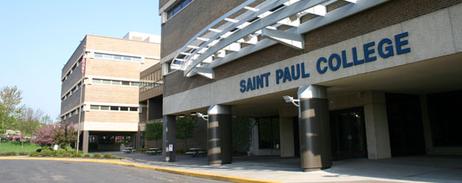The rankings are out from Washington Monthly, giving prospective students and their parents a snapshot of some of the top-performing community colleges in the country for 2013. This publication is one of the few that includes community colleges in their overall rankings of postsecondary institutions. In addition, the publication uses slightly different criteria for ranking schools, which may make this list noteworthy to those trying to gain a complete picture of a community college before shelling out that first tuition payment.
Unique Metrics Set New Rankings Apart
According to the Christian Science Monitor, one of the factors that sets the Washington Monthly rankings apart from the rest is the somewhat unique metrics used to rate colleges. Instead of focusing merely on admission difficulty and reputation, this ranking system uses criteria like commitment to research and service, and social mobility. The publication also includes a “best bang for your buck” category for four-year schools that ranks them according to the price paid for a degree vs. what graduates can expect to get back in return.
The fact that Washington Monthly provides a ranking of community colleges also sets this annual list apart from the rest. Although two out of every five college students opt for community college after high school, few ranking systems provide this type of information for these schools. However, as community colleges continue to increase in popularity among high school graduates and working adults alike, the need for this type of information






















